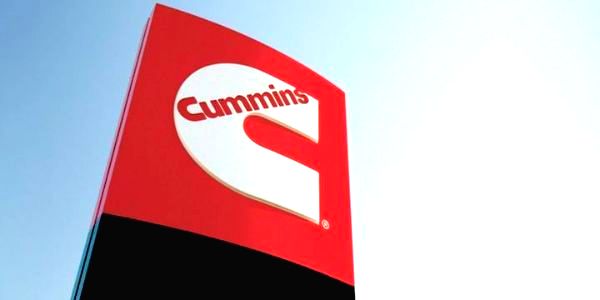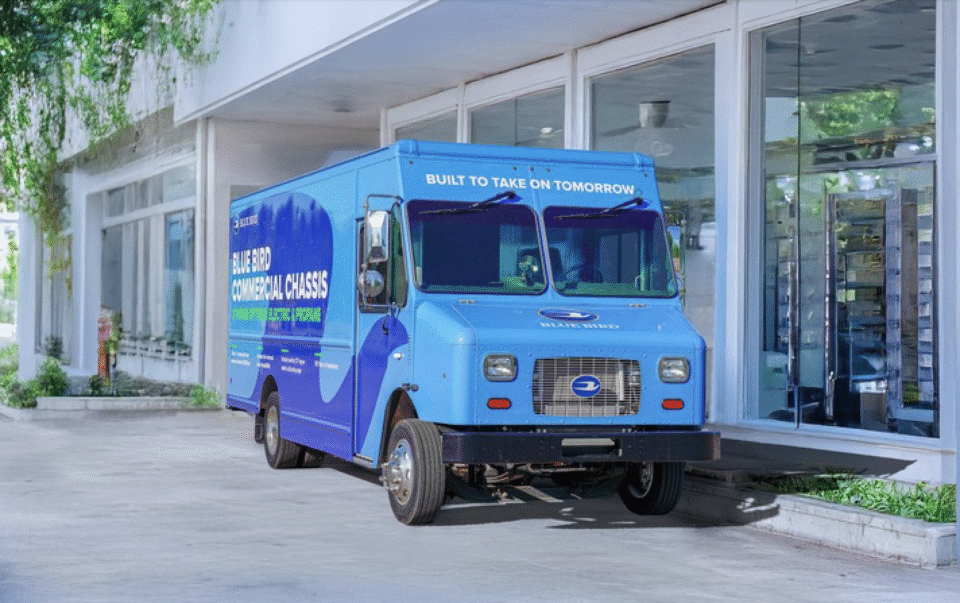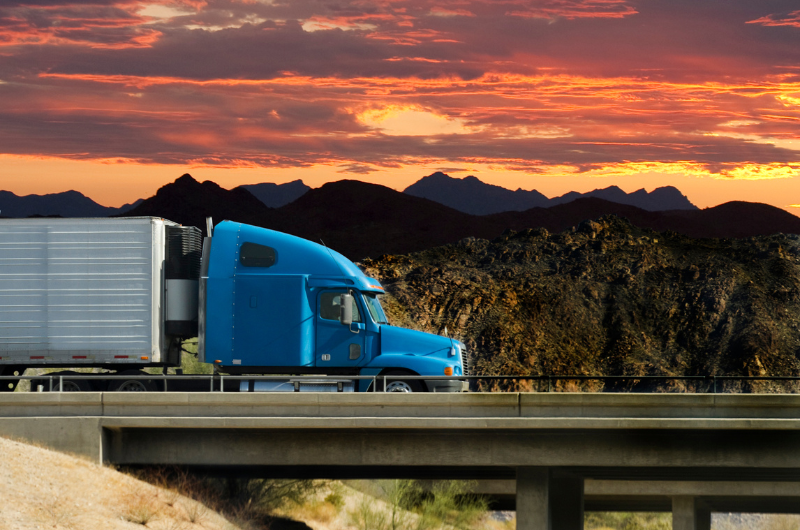Total Cost of Using Natural Gas Engines

Switching to natural gas vehicles (NGVs) can yield cost savings for commercial fleets. While NGVs have a higher initial cost than diesel engines, there are incentives from federal and state governments to offset this. The upfront infrastructure costs for fueling equipment can be included in contracts with natural gas fuel suppliers. NGVs offer fuel savings, as natural gas is abundant and has historically had a lower retail price than diesel and gasoline. This stability in fuel costs makes monthly expense forecasting easier. The maintenance costs for NGVs are generally slightly higher overall, but they lack the expensive aftertreatment systems diesel vehicles require for emissions control. While NGVs have specific maintenance needs, they present cost-saving opportunities for businesses looking to transition from traditional fuels. With over 30 years of experience in natural gas engines, Cummins is a reliable partner for this transition.“The Department of Energy tracks the price of various fuel types. According to their latest report, Between April 1 and April 15, 2023, the national average price of diesel fuel in the United States was $4.25 per gallon. The national average price of compressed natural gas (CNG) in that same timeframe was $2.99 per diesel gallon equivalent (DGE). This difference in price would save a fleet $12,600 each year by running on CNG over 10,000 DGE of compressed natural gas. The more miles a company drives in a year, the greater its fuel cost savings will be. And those are just looking at retail prices. For fleets refueling behind the fence, fuel costs are often much lower. It’s important to check with a preferred fuel supplier to get a contract built around how much fuel you expect your fleet will use.”Learn More





